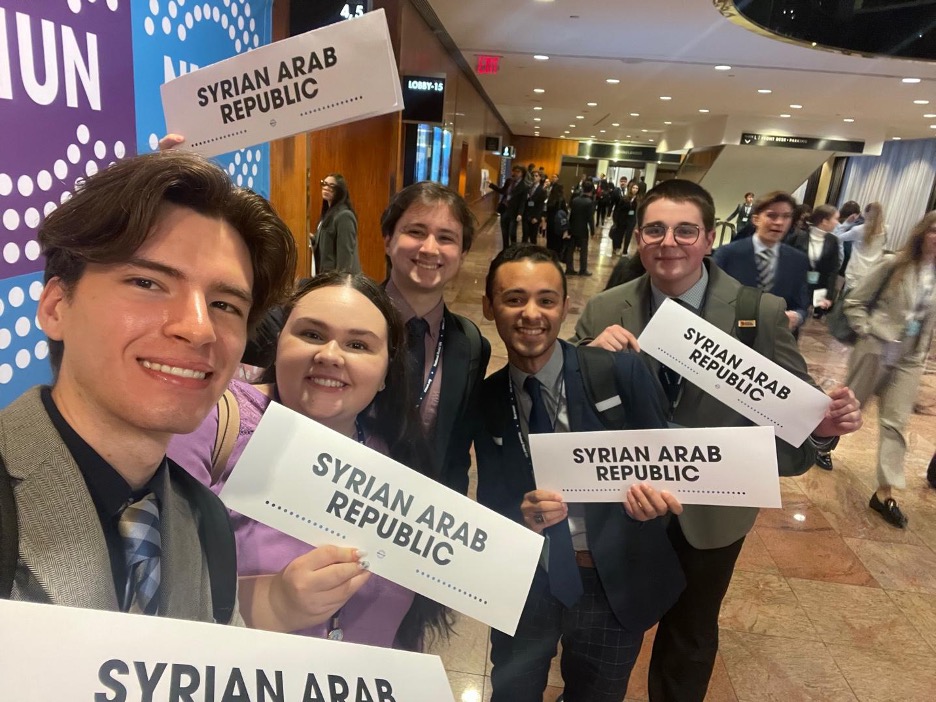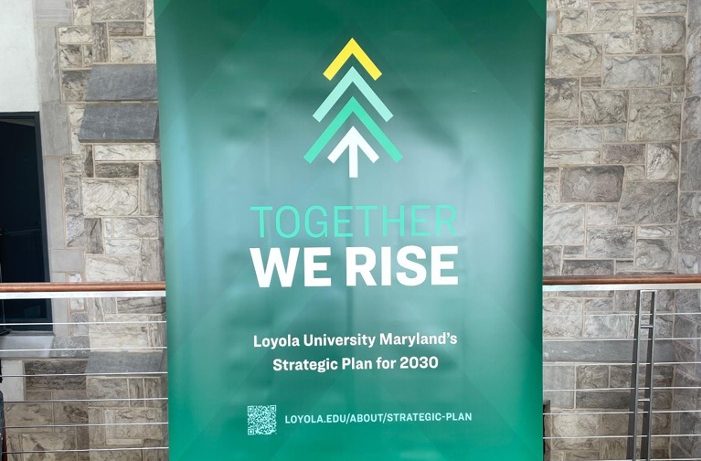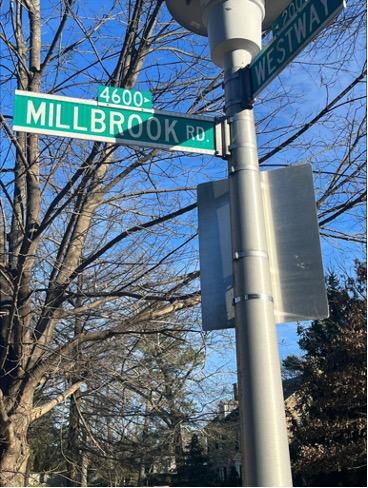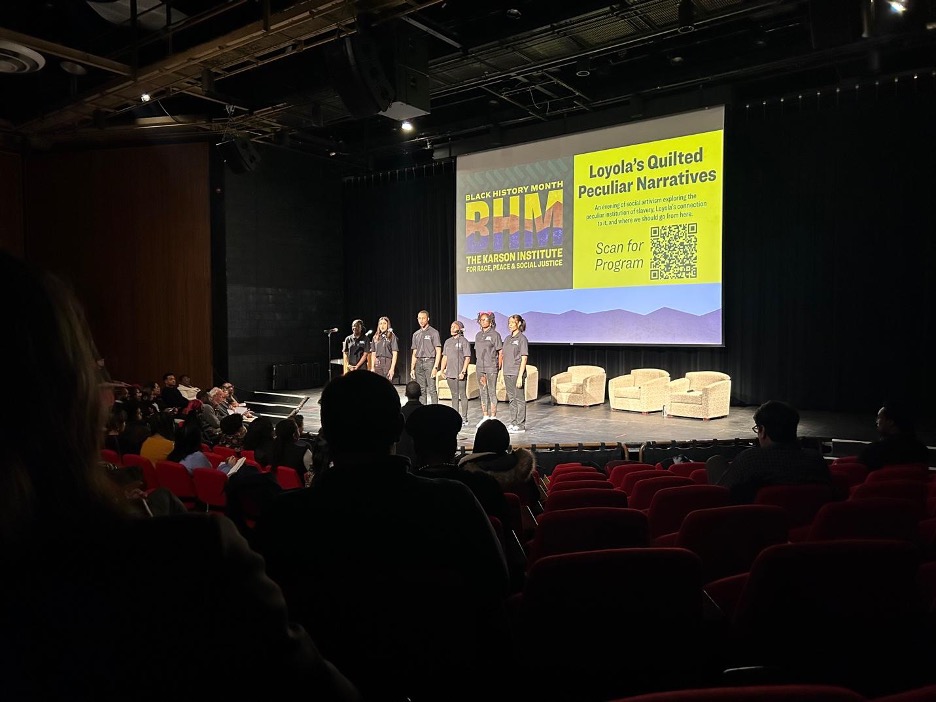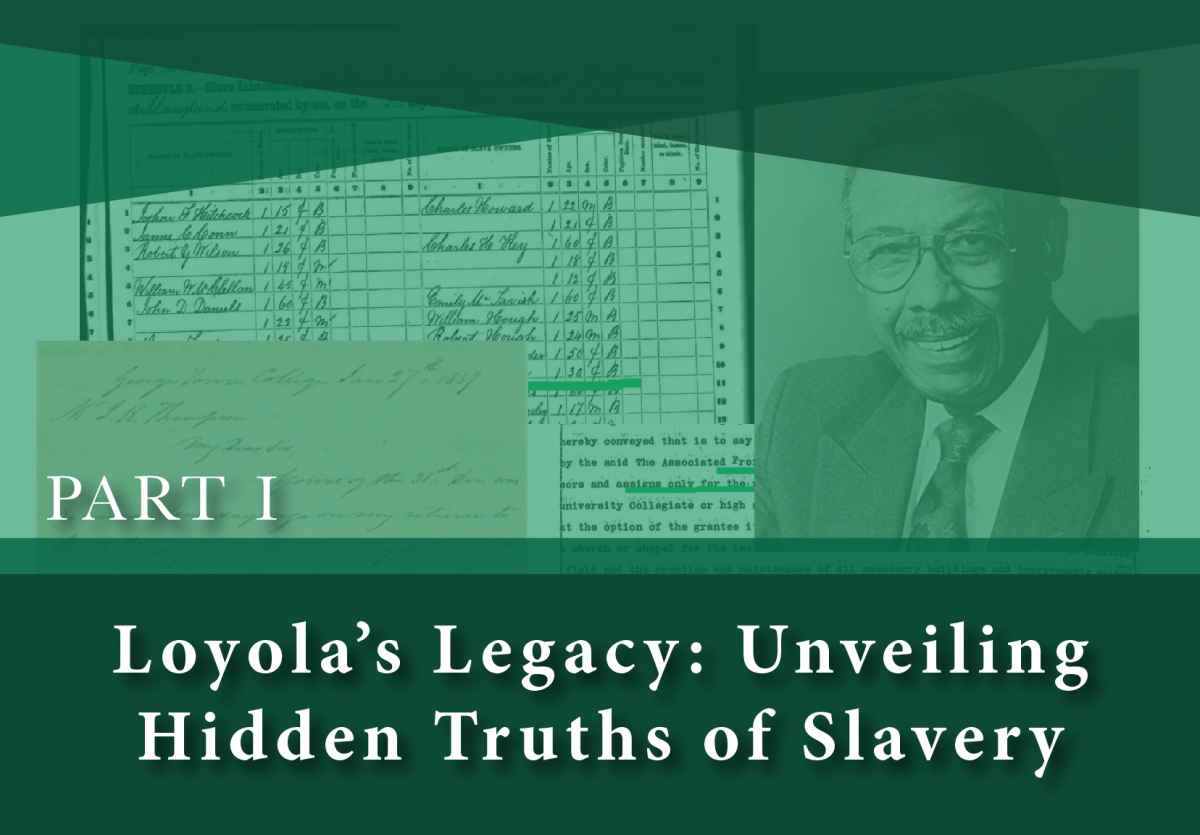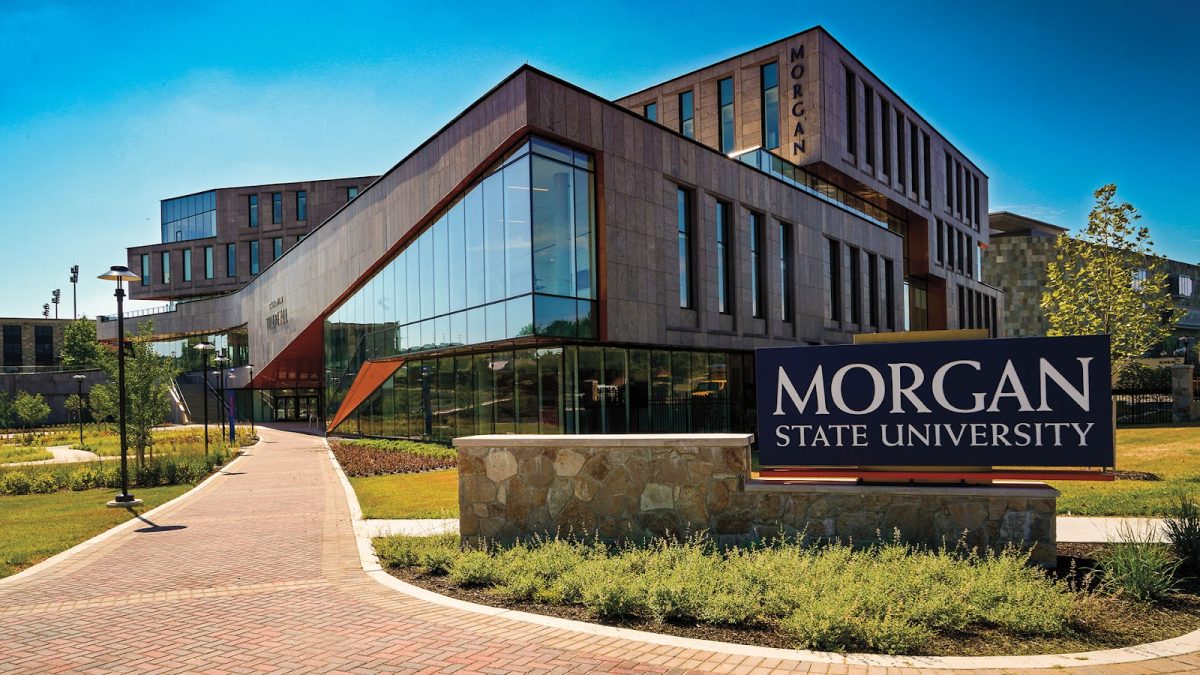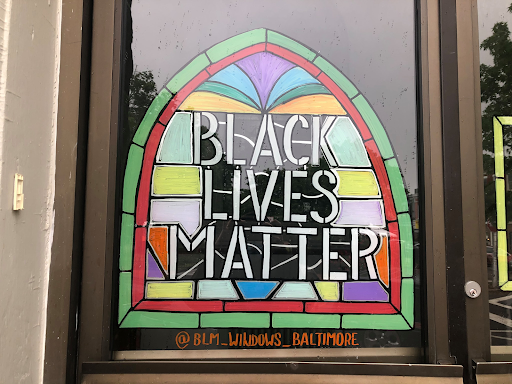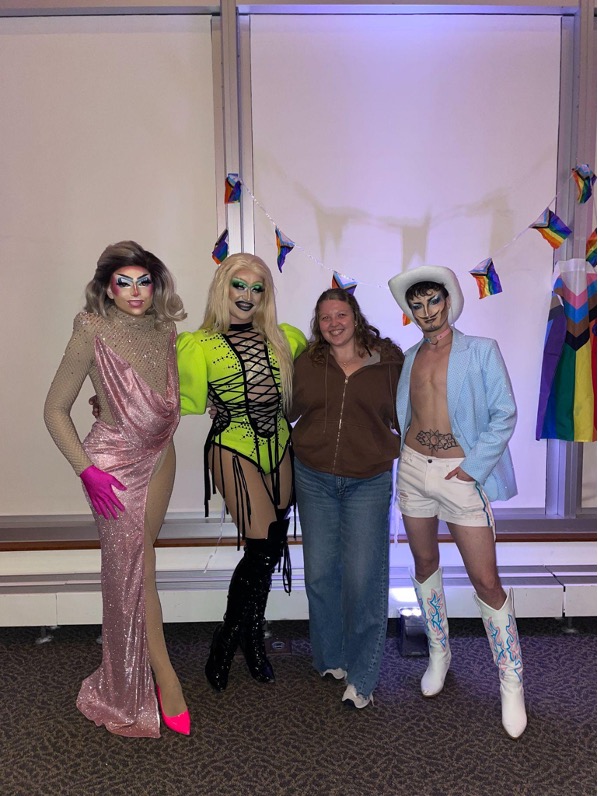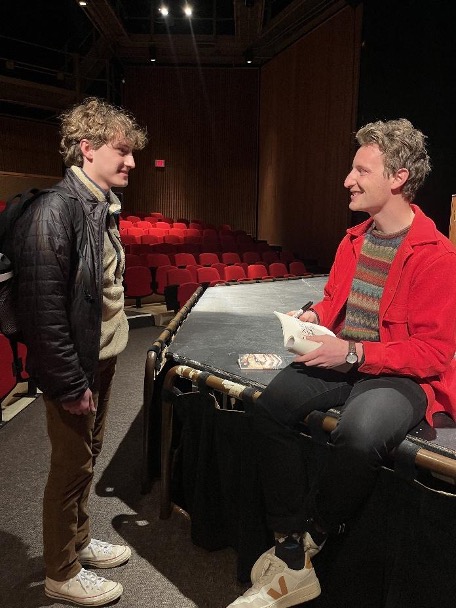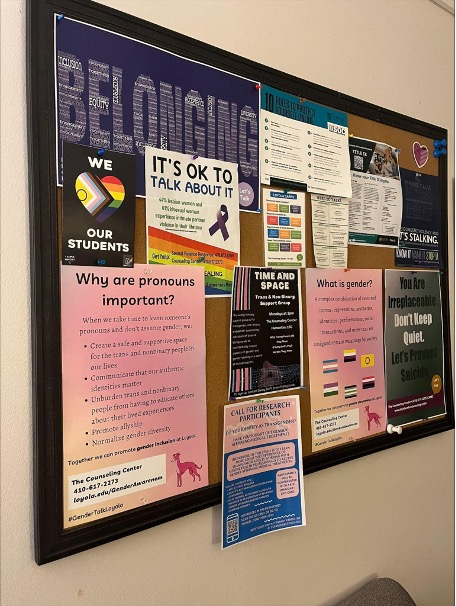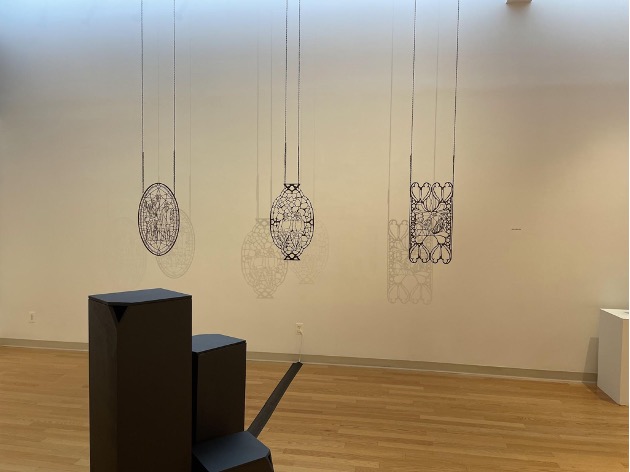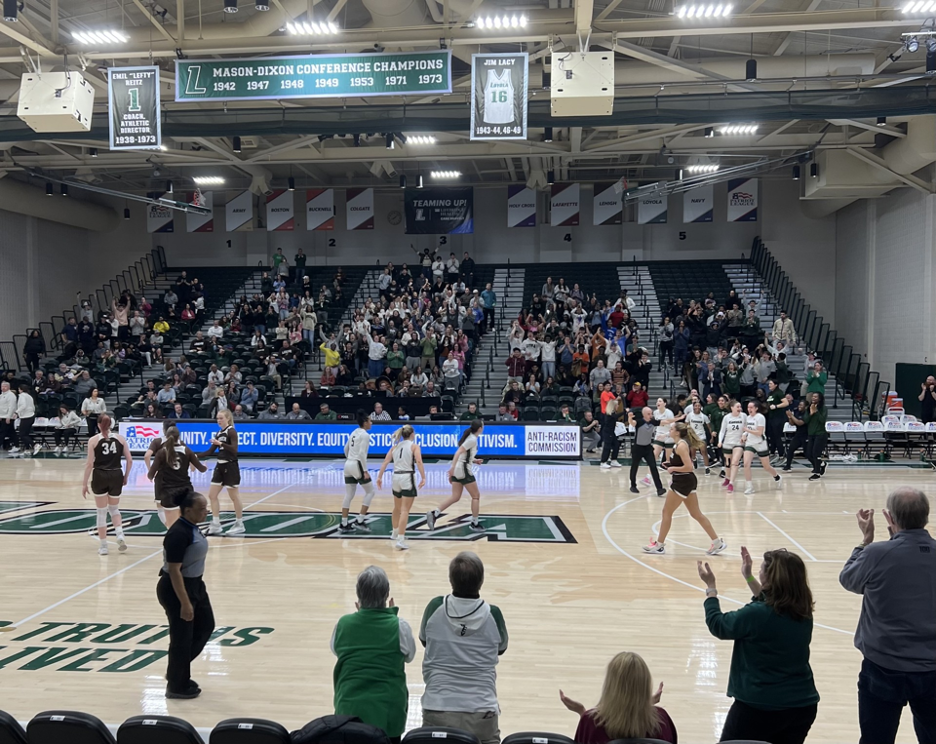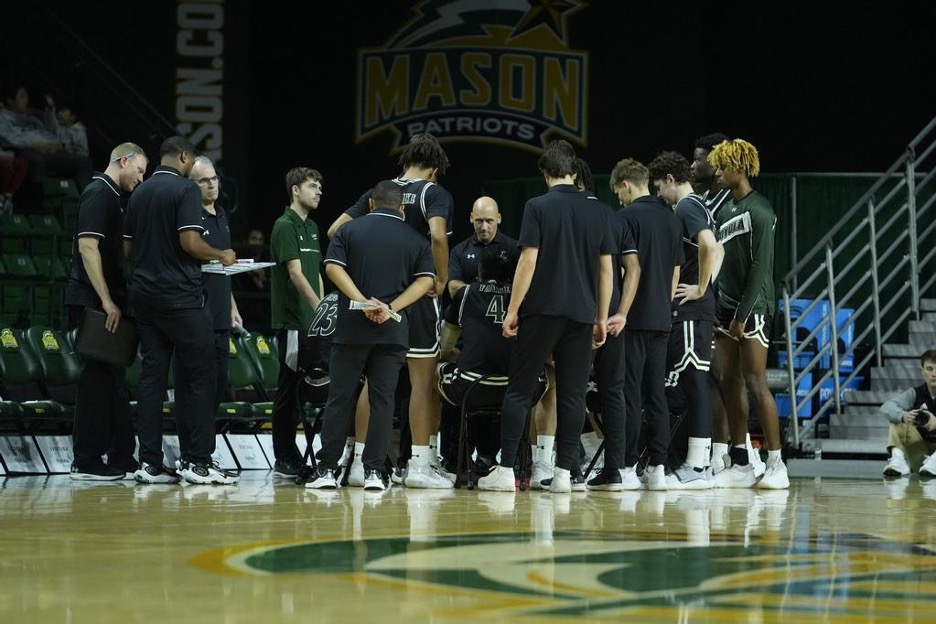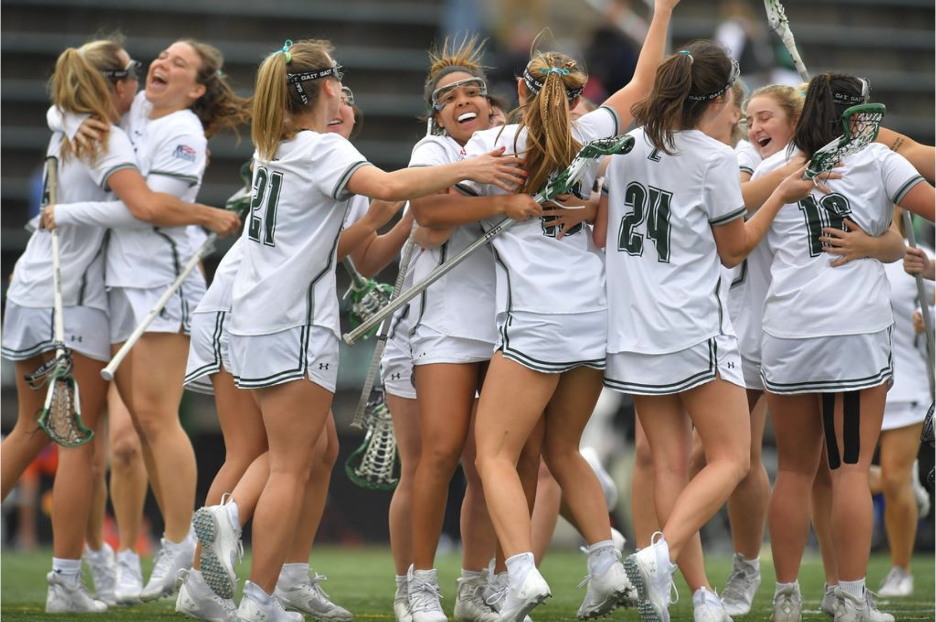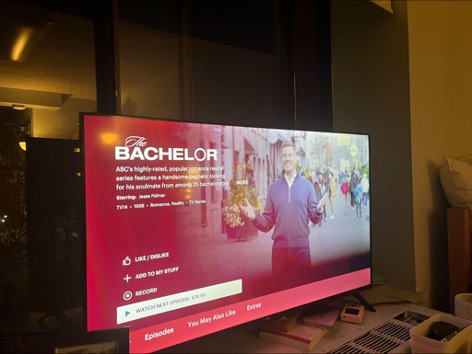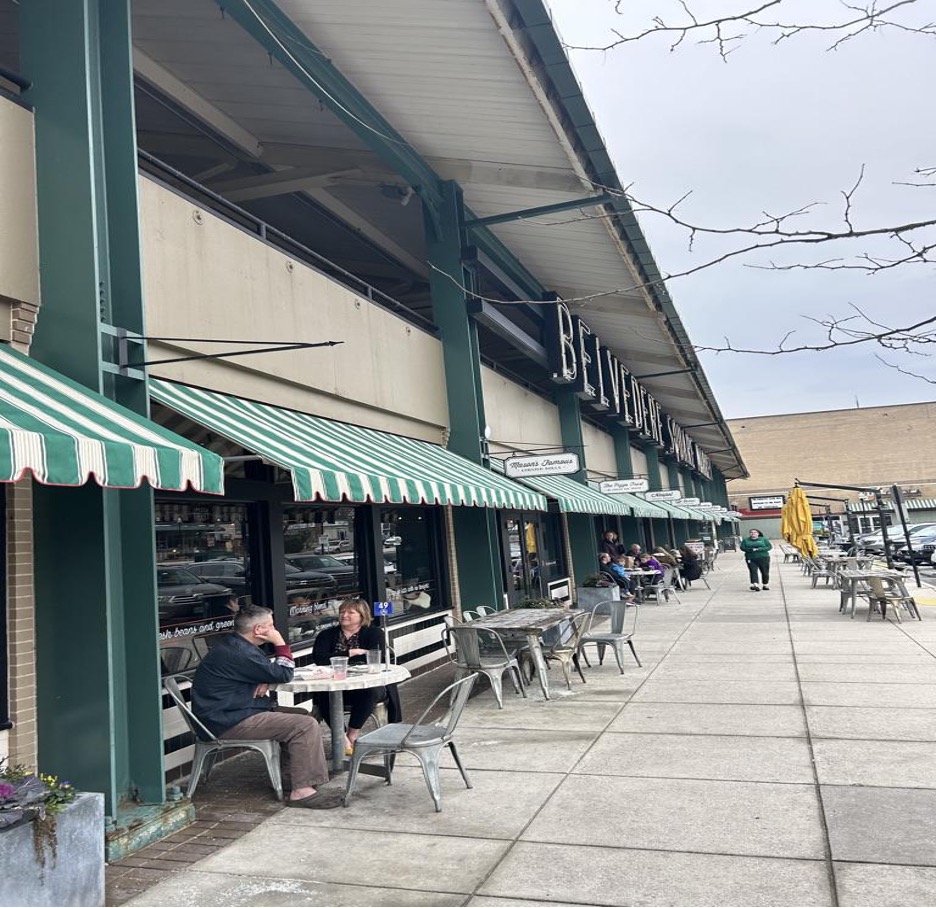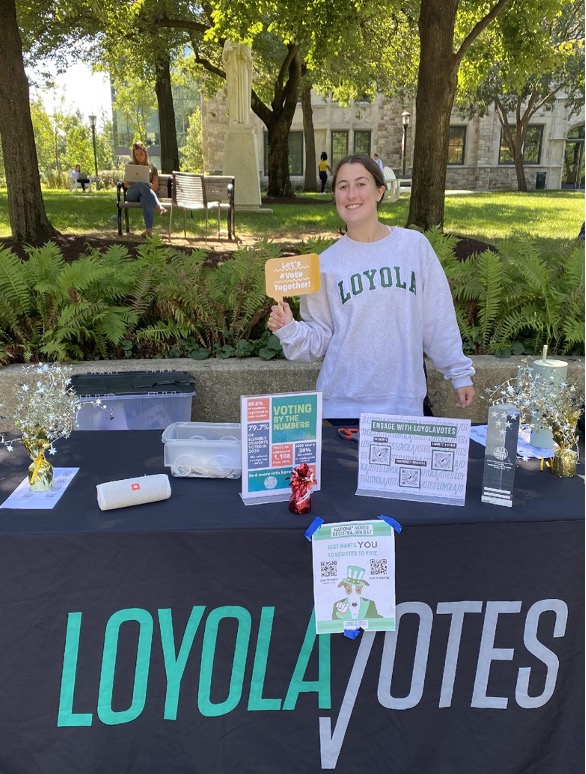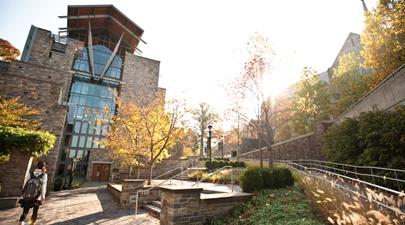The Greyhound Business section is committed to clarifying for the students, faculty and alumni of the direction the business school is headed. Dean Getz spoke with a tone so confident and passionate, so prepared and energetic. Dean Getz’s success, and all of Sellinger’s success, for that matter, will come from the students, faculty and alumni providing their thoughts and any suggestions for improvement to her. This interview offers Dean Getz’s side. Now we challenge our readers to provide Dean Getz with their thoughts and ideas, to move Sellinger forward. We challenge our readers to think as Dean Getz does of how the news opportunities arise in having a new dean and faculty. We thank Dean Getz for meeting with us, and wish her the best of luck as Dean of the Sellinger School of Business and Management.
1.What is your favorite movie?
My Favorite of the moment is called About Time.
- Favorite book?
Atlas Shrugged by Ayn Rand. Even though I can’t stand Rand’s philosophy in many ways, the story that she tells there about the overreach of government and what it does to the economics of the society, I think is right on target.
- Favorite food?
Apples
- What is your favorite local restaurant?
The Orchard Market & Café. It is a Persian restaurant in Towson. I love Persian food.
- Which Jesuit values can be found in business?
All of them. You think about Care for the Whole Person. You see that very much in the personal relationships that develop in businesses, in good businesses. You may not see it immediately, but it is there. It is care for the customer, the client, because business has to serve their needs. Next, we have men and women for others. Again, businesses are self-interested, right? That is not the same as being selfish. But they are self-interested. They want to do good for themselves. At the same time, through business, they are caring for others. The men and women for others are producing goods and services; they are employing people, paying their taxes and so on. Business is the overarching thing that has been a driver for countless years towards social justice. I believe that business is the best path towards true social justice, towards better economic opportunities for people, and not just through social responsibility programs. But just by doing business. So, if a company is seeking its own self-interest, it wants to make a profit for itself. Think about an entrepreneur, he or she wants to make a profit for himself or herself so that he can take care of his family. They have to be doing the right things for the community around them, or they won’t succeed in that. Historically, business has lifted more people out of poverty than any other institution has done, and really more than any other institution can do because business can be sustainable, because there is something in it for the giver as well as the receiver.
- At Loyola Chicago, you were able to raise $67 million for the school. You raised money for a new building, and you secured a naming gift for the school. How do you intend to fundraise for Loyola Maryland? Do you expect to use a similar strategy?
The strategy has to be the same. The strategy is identifying the people who have the capacity to give, who have a link with Loyola, and have some reason to care about it. Then, finding out what matters to them and finding a matching need within the university. That is the whole strategy of development fundraising. No matter who you are, where you are, that is how you do it. People are not going to give to things of which they don’t believe. So, that is how you do it. As you said, we brought together the $40 million dollar gift to name the school, the $10 million dollar gift to name the building, plus the other donations. The strategy is always the same: identify the people that have the capacity and find what it is that they care about.
- In a statement, you said that you are eager to “work closely with other deans to foster interdisciplinary collaboration across the schools” at Loyola. What do you envision this collaboration looking like? Did you do anything like this at Loyola University Chicago, where you were dean of the Quinlan school of Business, or at American University’s Kogod School of Business, where you held senior roles?
Yes, yes, yes. So, I did a very substantial sustainability program at American that involved four of the five academic units on campus. It is a Master’s Degree program and it is going really strong. They just hired an old friend of mine to run it. In Chicago, the work that I did was small. We had fifth year programs. The students would do an undergraduate degree in one domain and then come in and do their Masters in business, environmental science, and environmental studies. When I was leaving, we were working on undergraduate degree in math, physics, statistics, finance or computer science that could then go into the supply chain or finance program for the fifth year. Here we have the Global Studies model to work from. Amanda, Josh and I, the three deans know each other well. It is really easier when you are a small university. I envision us figuring out what is possible given the talent we have on our faculty and then moving forward from there. At some point in the future, maybe we will have something in sustainability or health care.
- Could you describe what a sustainability program would look like?
- At American there is an actual degree program at the graduate level. Sustainable Management includes energy, pollution and economics, because sustainability has to have all of those pieces. A degree in that, based on the way I did it at American, the students have to come out with good literacy in science, public policy and business disciplines. From there, they go into whichever piece they care the most about. Some will go work for the government, scientific research, or doing something in business or science domain, and others will go into management. Now they will understand all of the dimensions that can make or disrupt something from being sustainable. You bring together all of those pieces. I am a big believer that you need collaboration in the world to solve our big problems. Government, businesses, and non-profits have to collaborate or the big problems of the world will never be resolved. There are a lot of universities starting to do these things because you don’t graduate from college and live in this narrow domain of whatever it is you studied in college. You have to be able to work across boundaries. We have to work within the universities to help prepare students for that. There was an article in the Baltimore Sun the other day, Karyl Leggio, a finance faculty member and former dean was quoted in it. The article was about tech companies and the fact that many of them are hiring a lot of liberal arts majors because they need the young men and women who can communicate across dimensions, talk to clients and customers, and so on, in ways that liberal arts majors may be much better prepared to do than somebody that has studied information technology. I really think that our liberal art students in the College that are not certain yet of what they would like to do out of college; it would behoove them to look at our Sellinger Emerging Leaders MBA program. They add one year of business skills, on top of their four years of a liberal arts education. This prepares them, quite frankly, to go in any direction they choose. It would make them really strong candidates for the job market.
- What potential changes do you foresee the Sellinger School of Business and Management experiencing while you are in charge? How do you see yourself leaving your mark on the Sellinger School of Business?
- Given the increasingly dynamic nature of higher education in general and business education in general, there will undoubtedly be changes over the next several years. One change that may be particularly exciting for students will be an increase in interdisciplinary programming. A clear example here at Loyola is the Global Studies Program. There are a number of areas for potential collaboration, such as health care leadership, sustainability management or technology management.
- At Loyola University Chicago’s Quinlan School of Business and Management, you refocused their strategic plan to promote leadership areas in family business, international business and emerging markets, risk management, social enterprise and responsibility, and supply chain management. How do you view the Sellinger Strategic Plan and what changes should be made to it?
- I don’t know yet what our key leadership areas will be. Prior to my arrival at Sellinger, a task force comprised of seven faculty began to work on Sellinger’s strategic plan. Over the course of AY14-15, they, along with the rest of the faculty, made a lot of progress in identifying long-term objectives and initiatives for the school to pursue. Throughout the fall, we will refine those initiatives. Some possible leadership areas, based on our faculty’s strengths and Baltimore’s needs, might be closely-held firms, urban economic development, or data analytics.


